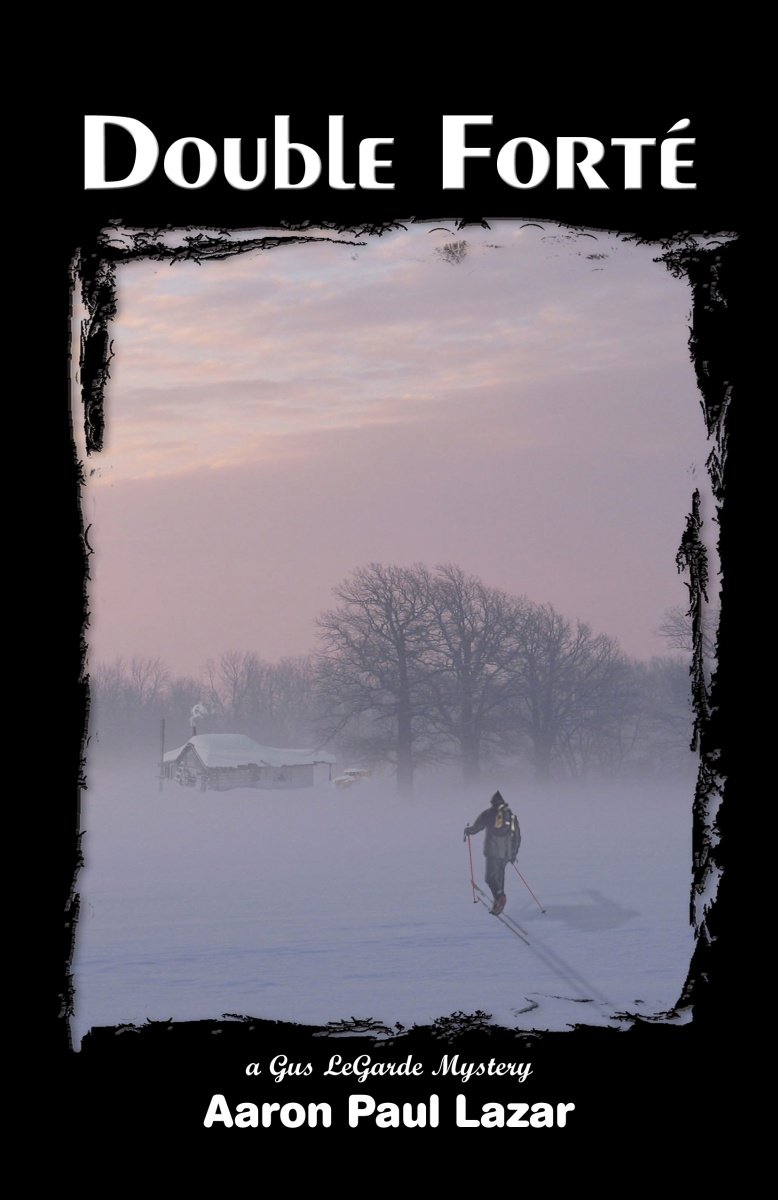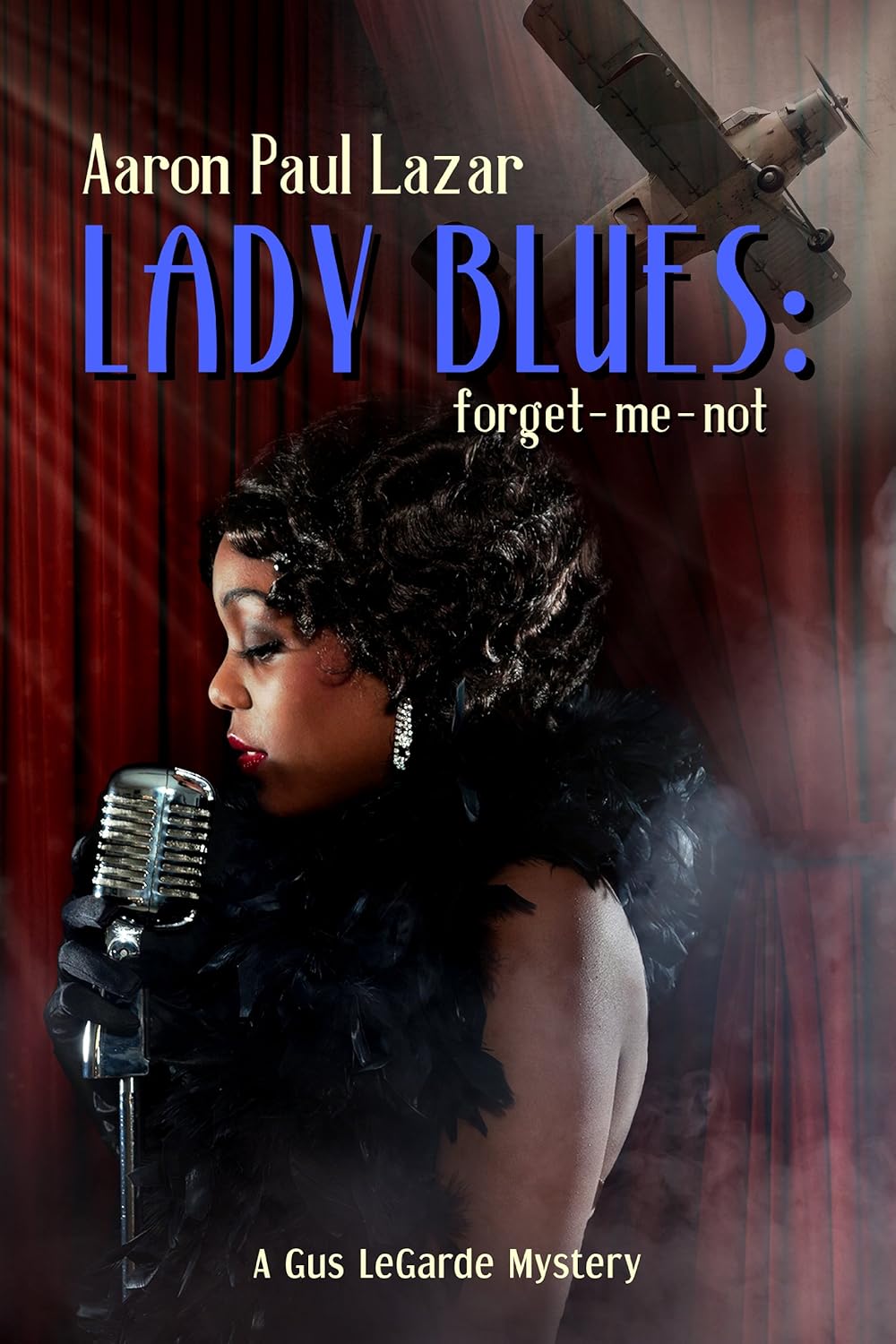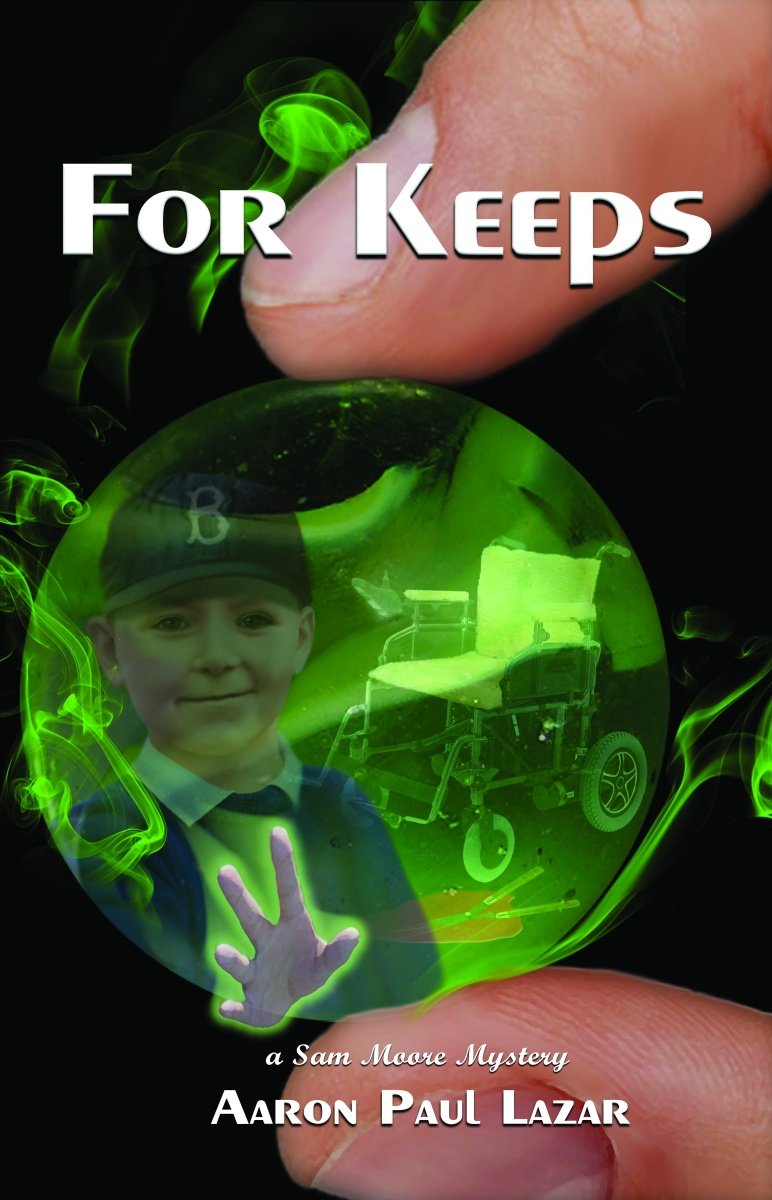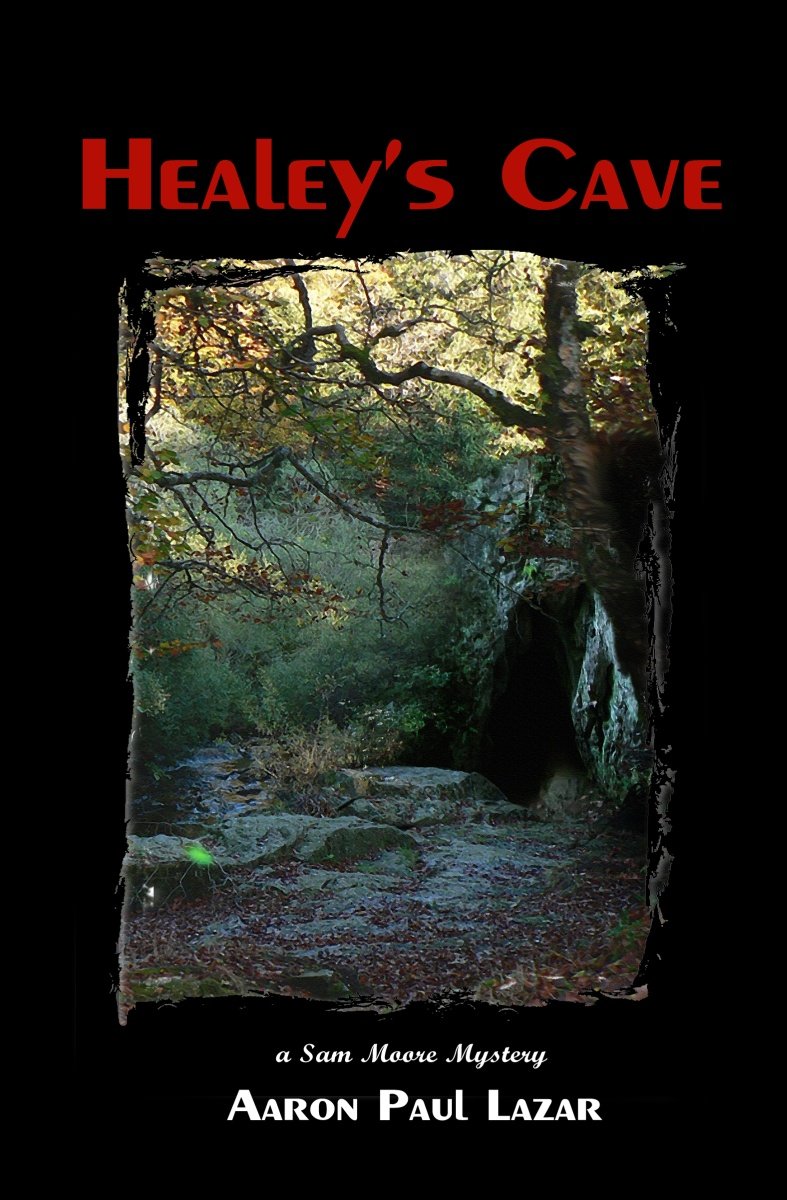http://www.stephanie-osborn.com
Today we continue a new take on developing characters: how their tastes in the arts helps to form and shape those characters. My friend Aaron Paul Lazar spoke about this last week. This week he's going to finish up what he started. Have at it, Aaron!
~~~
Aaron:
Does Music Move Your Characters Forward?
Part 2
[copyright Aaron Paul Lazar, July 9, 2014]
Here's another scene from the next book
in the series, book #3 in Moore Mysteries, entitled For Keeps. In this example, Rachel is trying to get Sam to open up
to a new style of music, quite unlike his favorite, Ms. Fitzgerald. I also enjoy
using my books to cross-pollinate my own series (see reference to Gus LeGarde's
radio show in Sam Moore's book) and to give free plugs to writer friends whose
books I want to promote.
In this segment, Sam has just come in
from an unsettled meeting with the local coroner, who seems to have a crush on
him, which makes him extremely unsettled.
***
From chapter 11, For Keeps:
“How’d
it go, sweetie?”
Sam
slumped against the doorframe. “Pretty much like you said it would. But it’s
still damned uncomfortable.” a
“Oh,
poor baby,” she said, patting the sofa beside her. “Come listen with me.
Japanese Melodies, by Camille Saint-Saëns. They’re so pretty.”
Reluctantly,
Sam shuffled to the couch and dropped beside Rachel. “Okay. Maybe for a little
while.” Sam’s usual tastes ran to Ella Fitzgerald’s crooning and Duke
Ellington’s band. But he tried to maintain an open mind as he slid close to her
and slipped an arm around her shoulders. She snuggled into him and closed her
eyes.
The
cello and piano duet invaded the room, soothing and saddening Sam at the same
time. The music glided into his heart, plucked at his emotions, and tantalized
him. The piece Professor LeGarde analyzed was particularly evocative, with
searing melodies that sounded mildly Japanese and Spanish at the same time. Sam
imagined a Japanese tea garden with a flamenco dancer poised on an ornate
bridge. The next time he saw Gus in Wegmans, he’d have to thank him.
When
it was over, Rachel clicked off the radio with the remote and sighed, almost as
if she were about to burst into tears. They sat for a few minutes in silence.
He
finally broke the spell. “Wow. You were right.”
***
Music is an essential element throughout
my three mysteries series. Matter of fact, Professor Gus LeGarde (of the
ten-book LeGarde Mystery series) is the chairman of the music department at Conaroga
University. He lives for music. He teaches daily. And in many cases, I try to
further his development by showing his listening reaction, as well.
 Gus’s first wife, Elsbeth, leapt to her
death from the cliffs of The Letchworth Gorge four years before the first book
in the series takes place. (Double Forté)
One morning, he’s teaching an opera class and happens to be knocked for a loop
when he realizes the parallels between the operatic story and his own life.
Here’s the end of the scene, where Gus is speaking to a roomful of students,
having played arias from Puccini’s Tosca for the past half hour.
Gus’s first wife, Elsbeth, leapt to her
death from the cliffs of The Letchworth Gorge four years before the first book
in the series takes place. (Double Forté)
One morning, he’s teaching an opera class and happens to be knocked for a loop
when he realizes the parallels between the operatic story and his own life.
Here’s the end of the scene, where Gus is speaking to a roomful of students,
having played arias from Puccini’s Tosca for the past half hour.
***
“The
opera ends when Tosca’s enemies approach. Overwhelmed with grief, she runs to
the top of the battlement and soars into the air in a dramatic,
self-sacrificing leap. Of course,” I paused dramatically and finished with a
flourish, “she can be happy only in the afterlife, with her beloved
Cavaradossi.”
I
pointed the remote at the sound system and clicked the CD to the final aria in
Act III. The students listened with wide eyes. The cloying, beautiful melody
surged out of the speakers in the finale. From the expressions on their faces,
I figured the entire class was imagining Tosca racing up the stairs to leap t
to her death. Even Ronny Kuczynski sat with a pensive expression, his eyes cast
down.
A
feeling of melancholy wafted over me, catching me unaware. It stabbed me with growing
pangs of depression. Familiar sorrow migrated into my throat and gripped me—hard.
I’d
often related Tosca’s leap to her death with that of my wife, Elsbeth. Although
it had been four years now, the pain of the loss still killed me. It felt like
yesterday.
Pushing
away the thought, I struggled to forget the vision of Elsbeth lying broken and
battered at the bottom of the Letchworth Gorge.
She’d
been so much like Tosca, with her own diva-like personality.
Exchange
the battlement parapet in the opera for the craggy Letchworth Cliffs, and there
was the appalling parallel. The vision of Elsbeth returned. I pictured her
plunging from the cliffs, her white nightgown flapping around her as she
tumbled through the night air.
The
music ended, and a final thought hit me. It was true that an awful analogy
existed between Tosca and Elsbeth, but there was one huge exception. Tosca
leapt toward her love, whereas
Elsbeth had left me, very much alive and very alone.
***
 Here’s one last example of how using
music in a scene might enhance the character development of a father Lady Blues: forget-me-not)
Here’s one last example of how using
music in a scene might enhance the character development of a father Lady Blues: forget-me-not)
***
Shelby nodded,
stood up, and let loose, progressively relaxing and making use of smooth
portamento passages, light vibrato, and musical sighs. I played from memory,
watching as she added facial nuances to match the words.
Maddy tapped her
toes on the floor, Joe stayed awake, and even Siegfried stopped to listen in
the kitchen doorway, shushing Johnny and the twins.
Chills snaked down
my spine.
What a gift she has.
I’d thought maybe
musical theater would be her venue, since she’d been interested the previous
year in trying out for shows at school. But something had changed in this
sixteen-year-old child/woman. Long dark curls framed her delicate heart-shaped
face. Her eyes, dark and long-lashed, closed periodically to squeeze every
spark of splendor from the notes.
She stood barefoot
in faded jeans and a soft yellow sweater, her young lithe arms gesturing to
match the words.
Realization hit,
and I fumbled the notes.
She isn’t a little girl anymore.
Smooth and
engaging, she exuded confidence that scared the hell out of me.
I recovered, but
felt unsettled for the rest of the night. We’d already dealt with Shelby’s
boyfriends, had been horrified, worried, and traumatized like other parents,
but somehow it hadn’t hit me.
Shelby’s a young woman now.
A shudder of fear
ran through me. I remembered Freddie’s teenage years with a mixture of joy and
horror. But now, did I have the strength to go through it again?
God, help me.
After saying
goodnight to everyone, I pushed down the panic and followed Camille and the
dogs up to bed.
***
There you have it.
Have you read books which included
musical scenes that have affected you in the past? Have they deepened your
knowledge of the characters? I’d love to hear your thoughts on this below.
But, before I go, I’d like to thank
Stephanie Osborn for having me here today. And as always, it’s a great pleasure
to talk about writing and books with all of you!
~~~
 As always, lovely to have you, Aaron my friend!
As always, lovely to have you, Aaron my friend!Book 1 of the Sam Moore series is Healey's Cave, if you want to start at the beginning.
Also, Aaron has two new books out: Devil's Lake, a standalone romantic thriller; and The Liar's Gallery, the next book in the Gus LeGarde series. Buy them!
-Stephanie Osborn
http://www.stephanie-osborn.com




